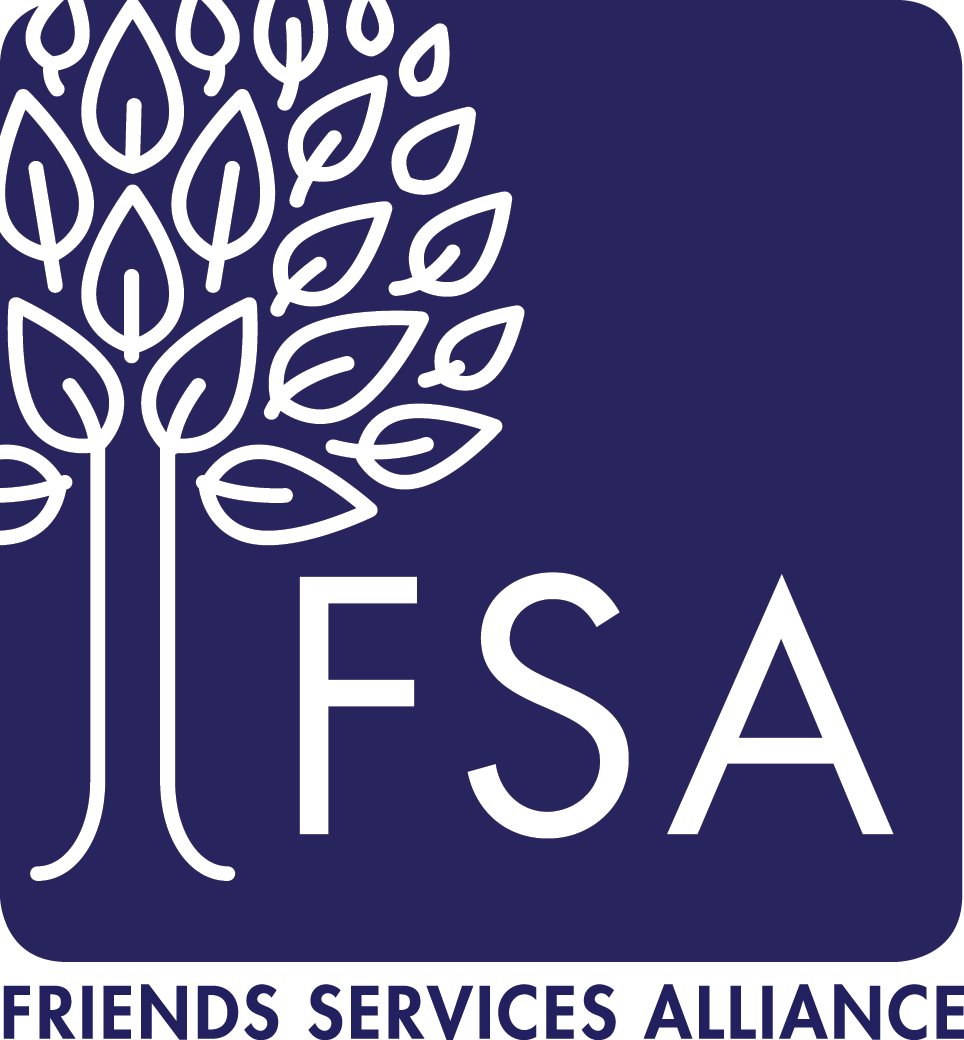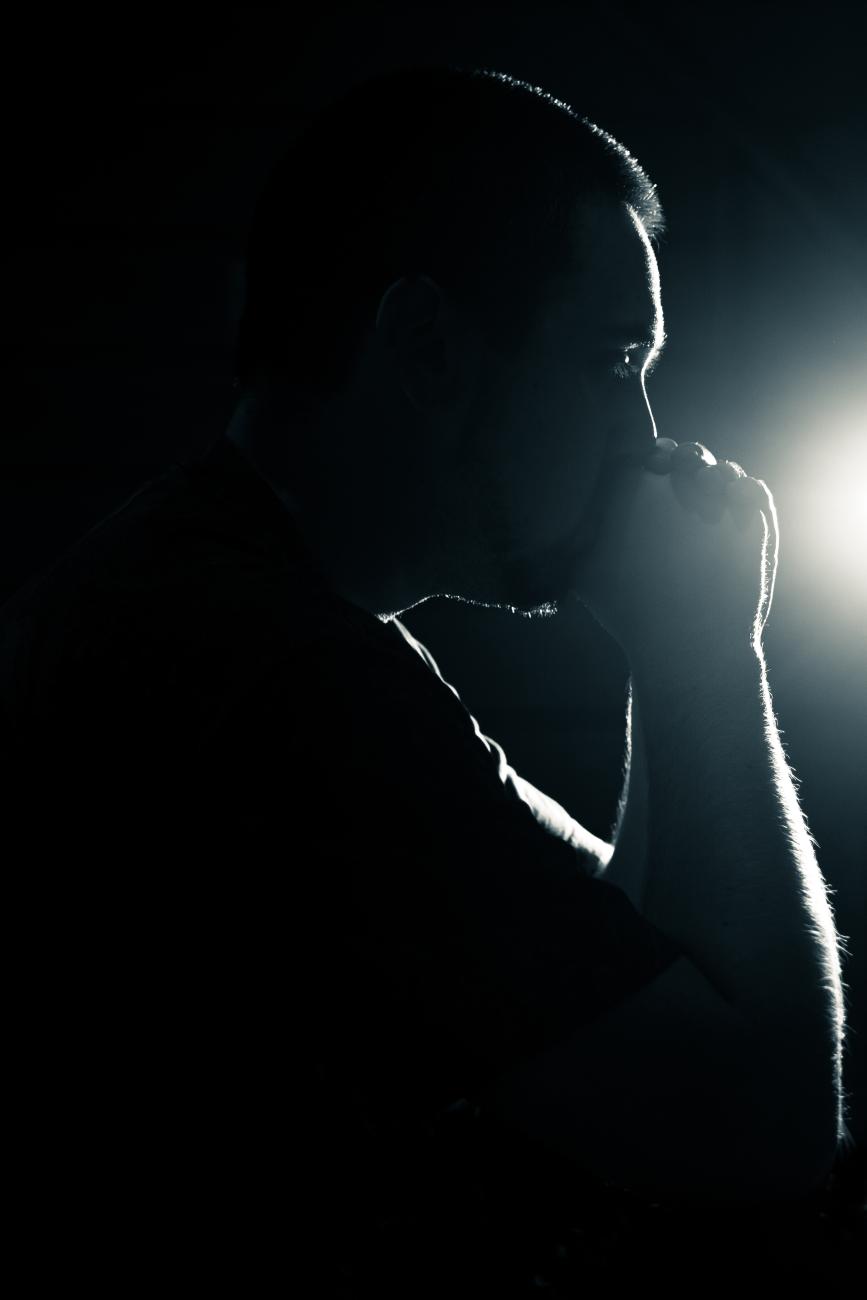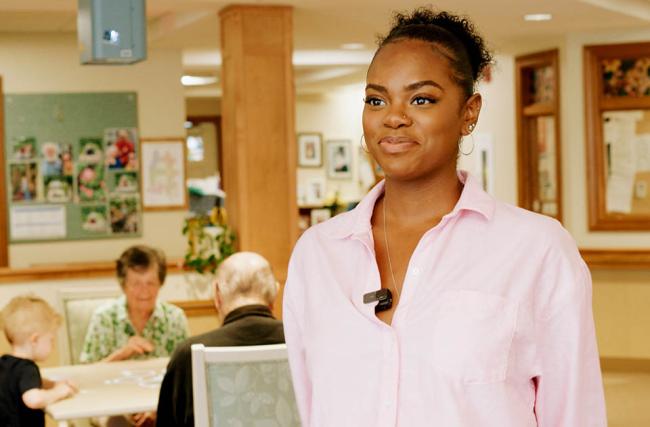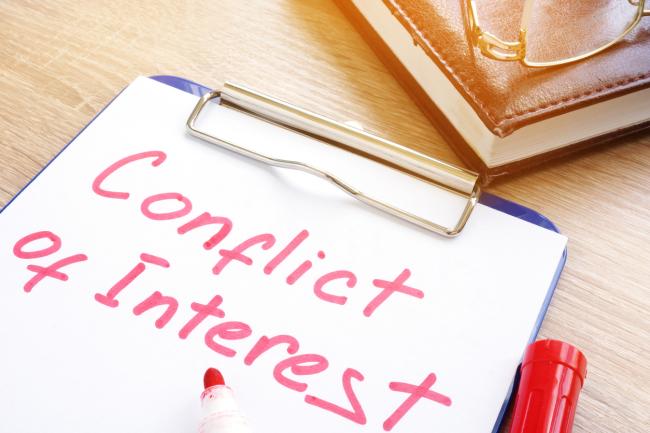At the FSA Leadership Institute, we work to frame the content around leading in ways that resonate in organizations that embrace Quaker values – Presence, Connection, and Listening – and where leaders actively and intentionally live these values to shape and nourish the cultures of their organizations. We think about program design and activities in terms of building the capacity of self, of others, and of the system. We talk a lot about what it means to be a leader in these organizations, and the ways of thinking and practicing that are congruent with these aspirations.
No easy task since much of it, like leadership itself, is amorphous and intangible … however, in the just-completed session of the Institute in November 2021, a conversation arose that led to my articulating an important framework in my Quaker values-based leadership mindset.
We were playing a round of Ask the Quaker, where participants wrote questions about Quaker beliefs, practices, rules, etc., on index cards and handed them in. The Lead Instructor asked me the questions so they were anonymous and I responded as best I was able. We had a good laugh at the beginning when someone said they expected many of the responses to be, “it depends.”
The question, “What criteria do you use when making a tough decision?” was a good one! Do any of us have a set of standards or measures that we use as a framework when making decisions? Are we consciously aware of what they might be?
As a leader, I am faced with a range of decisions to be made each week. Their context varies—they may be decisions related to personnel, finances, strategy or operations. Despite their differences, the criteria I aspire to use remains the same:
-
What is the purpose, and what is my role?
-
Am I honoring the Inner Light in everyone in the best way possible given the circumstances?
-
What does the system need?
This process starts with having clarity around the situation and what is required. The original question was about a decision, but these criteria apply to many issues in our work – is it a decision to be made, an action to be taken, or some news or change that must be communicated? I need to be sure I am clear about what is needed in this situation. From there, I must consider my role – am I the decision maker, am I a contributor to the body of information used to make the decision, am I the vehicle for communication? Making sure these things are clear then helps me to think about what comes next. This first step is about the capacity of self.
A fundamental belief of Quakerism is that there is the spark of the Divine in each person; the Inner Light. As I contemplate whatever situation I am facing and how to proceed, thinking about how to honor the Inner Light in everyone involved, as best as possible, is another criterion. I emphasize "as best as possible" because at times we are faced with decisions, actions, or news that will be upsetting to people, and no matter how hard we try, they are not going to like it and may not feel “honored." As leaders, our role includes taking these steps. However, if I have considered how best to honor the Inner Light, to see and respect the humanity of all involved while also weighing the third criterion, my “gut check” is usually okay. This second step connects to the capacity of others.
Finally, asking the question, “What does the system need?” uses the big picture lens in wrestling with an issue. What is the impact to the organization if you do nothing? Make no decision or take no action? Not share bad news? The term "system" may refer to the entire organization, to a department, or a subset of some larger group, but understanding the “system” being impacted is important. As leaders, we have a responsibility to be looking out for the whole, and understanding the effects of the current situation, and to address it if needed. Sometimes, this is the hardest criterion of all because doing what the system needs may mean something negative for individuals. This is where the weight of leadership comes in and often presents the biggest challenges for those with the responsibility to make a difference. This final step is about capacity of the system.
Once a decision has been made, action taken, or communication completed, we may have to deal with some bumps as aftereffects. As my mother would say, we have to “proceed as the way opens” and continue to try to honor the Inner Light in everyone, even those who may be challenging our decisions or actions. Noted author Brené Brown talks about living with courage, compassion, and connection, qualities that are strongly connected to Quaker values. If I have used these three criteria in wrestling with a dilemma and reaching a conclusion, my conscience is clear that this work has been done in a way that honors FSA’s and my Quaker principles.




